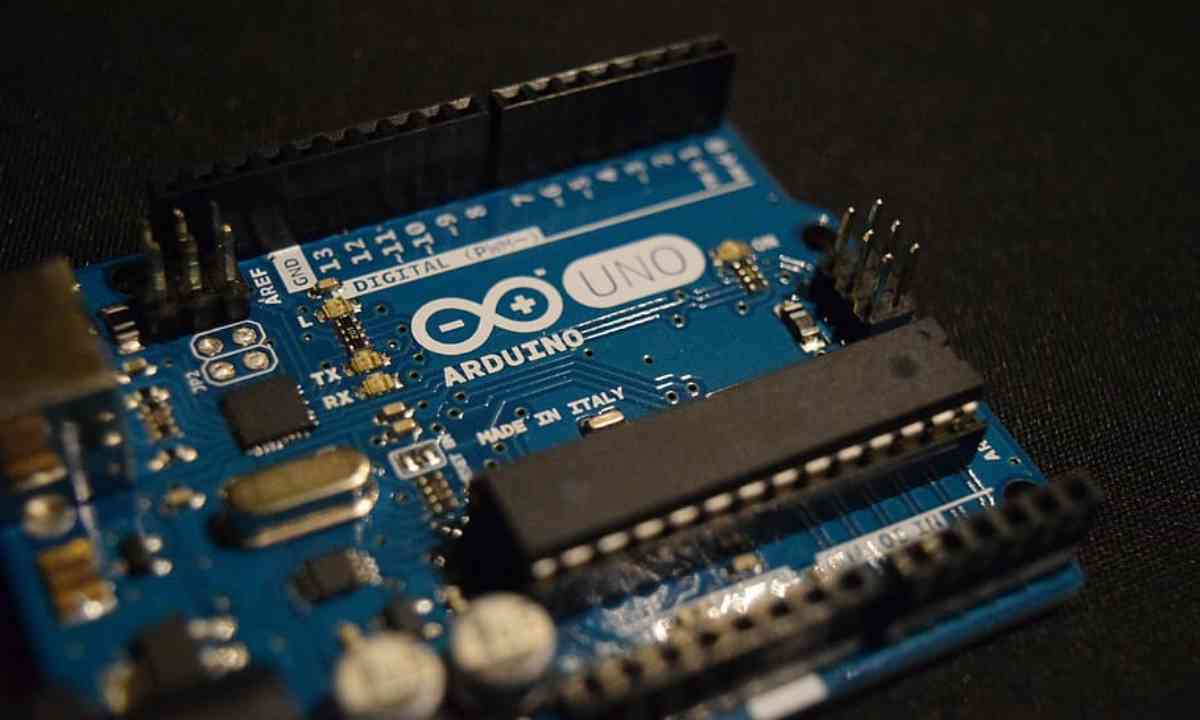In light of growing geopolitical uncertainty, Germany's government is aiming to bolster the national tech industry by allocating €20 billion ($22 billion) to enhance semiconductor production in the country. The initiative aims to ensure a stable supply of essential components. Around 75% of these funds are reportedly earmarked for multinational companies, including Intel from the U.S. and TSMC from Taiwan, as mentioned in a new report by Bloomberg. Roughly half of the aid package, amounting to €10 billion (equivalent to a third of the total investment for the facility), has reportedly been designated for Intel's new production site near Magdeburg in Eastern Germany. Additionally, the German government is in the final stages of negotiations with TSMC to invest in a manufacturing facility in Dresden, where they plan to produce various microcontrollers for German automakers. The government is expected to subsidize approximately €5 billion, accounting for half of the total investment for this facility.
_1690605266.jpg)
According to a Bloomberg report, Infineon is set to receive about €1 billion, which represents approximately 20% of the total investment, for the establishment of a new semiconductor plant in Dresden. Furthermore, there are expectations that German automotive supplier ZF Friedrichshafen AG and U.S.-based chipmaker Wolfspeed will receive state funds for constructing a silicon carbide chip factory in Saarland, which is located near the French border. The joint venture aims to secure subsidies amounting to about €750 million, covering roughly 25% of the total costs.
The funding scheme sets aside at least €3 billion for potential future projects, offering opportunities for other companies operating in Germany, like GlobalFoundries and Bosch, with a significant presence in Dresden, to potentially receive state aid. The distribution of the aid package is expected to be completed by 2027. The funding originates from the Climate and Transformation Fund (KTF), which was initially intended to aid the country's transition towards a carbon-neutral economy. However, the government has expanded its focus to invest in sustainable economic projects. By using the Economic Stabilization Fund, Economy Minister Robert Habeck had previously proposed to provide state aid to chipmakers. As of now, the German government has not officially confirmed or denied the plan, so the information should be taken with caution. If true, Germany would become the most proactive European country in providing subsidies to chipmakers.
© Copyright 2023. All Rights Reserved Powered by Vygr Media
























